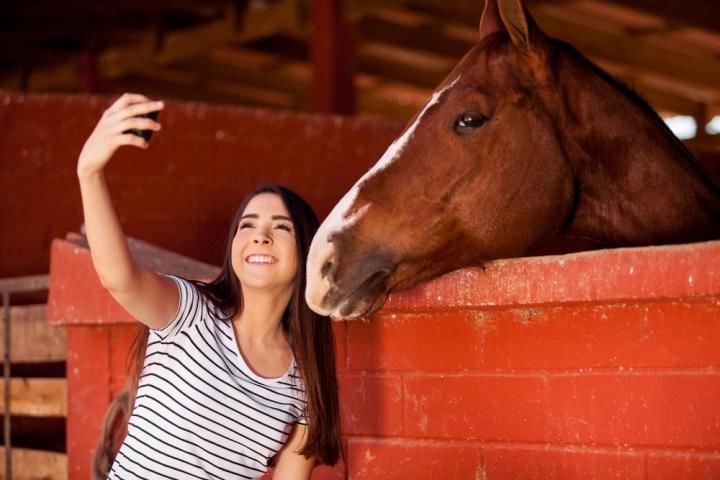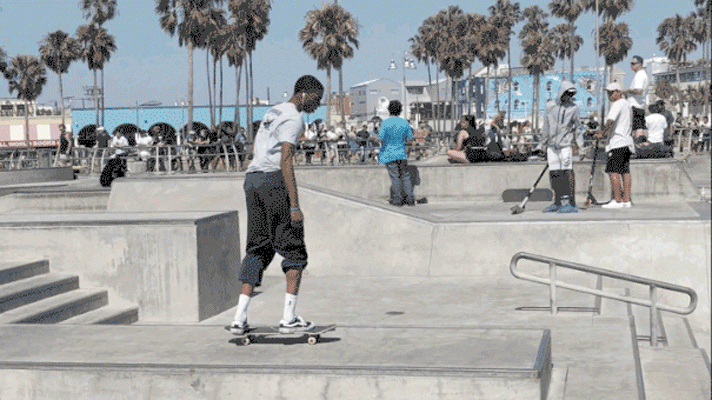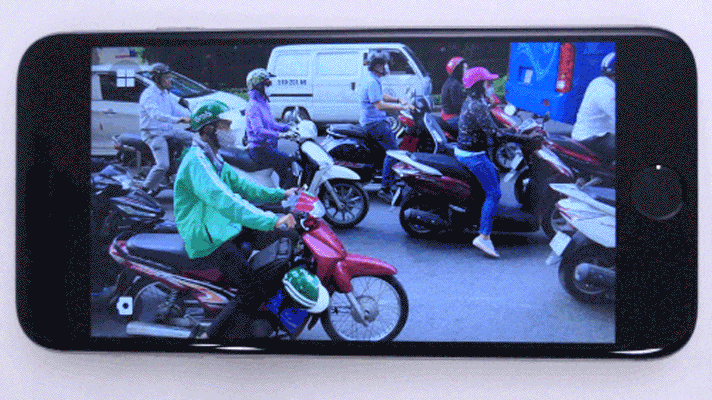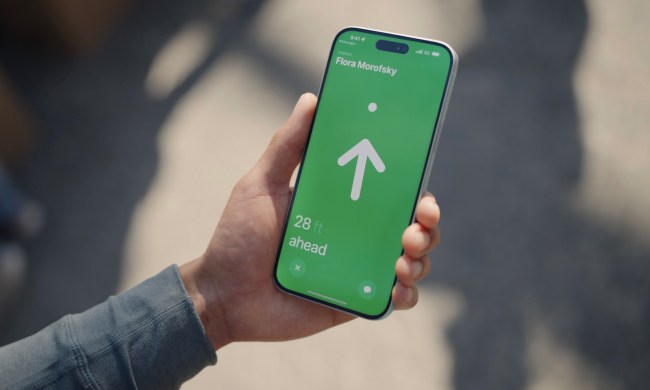
Designed to explore the potential of mobile photography using its latest technology, Appsperiments launches with a collection of three apps described as “usable and useful mobile photography experiences built on experimental technology.”
So what exactly has the team come up with?
First up is Storyboard, an entertaining offering (currently Android only) that seems like a cool way to encapsulate a scene or short event. This free app uses artificial intelligence to analyze a video and select “interesting” frames to create a single-page, comic-style layout by applying one of six different visual styles. Pull down on the page to cycle through the different styles. When you find your favorite, tap the display to save it to your device and then share away.

Next, we have Selfissimo for Android and iOS. As its name cleverly suggests, this one is geared toward selfie addicts, and eliminates that awkwardness you experience when trying to reach for the shutter button with your arm extended. Described by Kauffman as “an automated selfie photographer,” Selfissimo takes a black-and-white shot whenever you stop moving. So you can pose and shoot, pose and shoot, and so on till you’re well and truly selfied out. Then all you need to do is review the resulting contact sheet and select the images you’d like to save.

Last up is Scrubbies (iOS only), which lets you scratch your video like a DJ. In other words, Scrubbies lets you manipulate the speed and direction of video playback to create visual loops of selected moments. “Scrubbing with one finger plays the video. Scrubbing with two fingers captures the playback so you can save or share it,” Google interaction researcher Alex Kauffmann explained in a post.

Offering some thinking behind the appsperiments initiative, Kauffmann said that while current smartphone cameras are relatively straightforward in their processing methods, “the next generation of cameras … will have the capability to blend hardware and computer vision algorithms that operate as well on an image’s semantic content, enabling radically new creative mobile photo and video applications.”
The researcher added that Google’s three new test apps “rely on object recognition, person segmentation, stylization algorithms, efficient image encoding and decoding technologies, and perhaps most importantly, fun!”
If you care to take any of the appsperimental apps for a spin, Google would love it if you offered feedback via the in-app links, which could go toward influencing the kind of technology the research team develop next.

